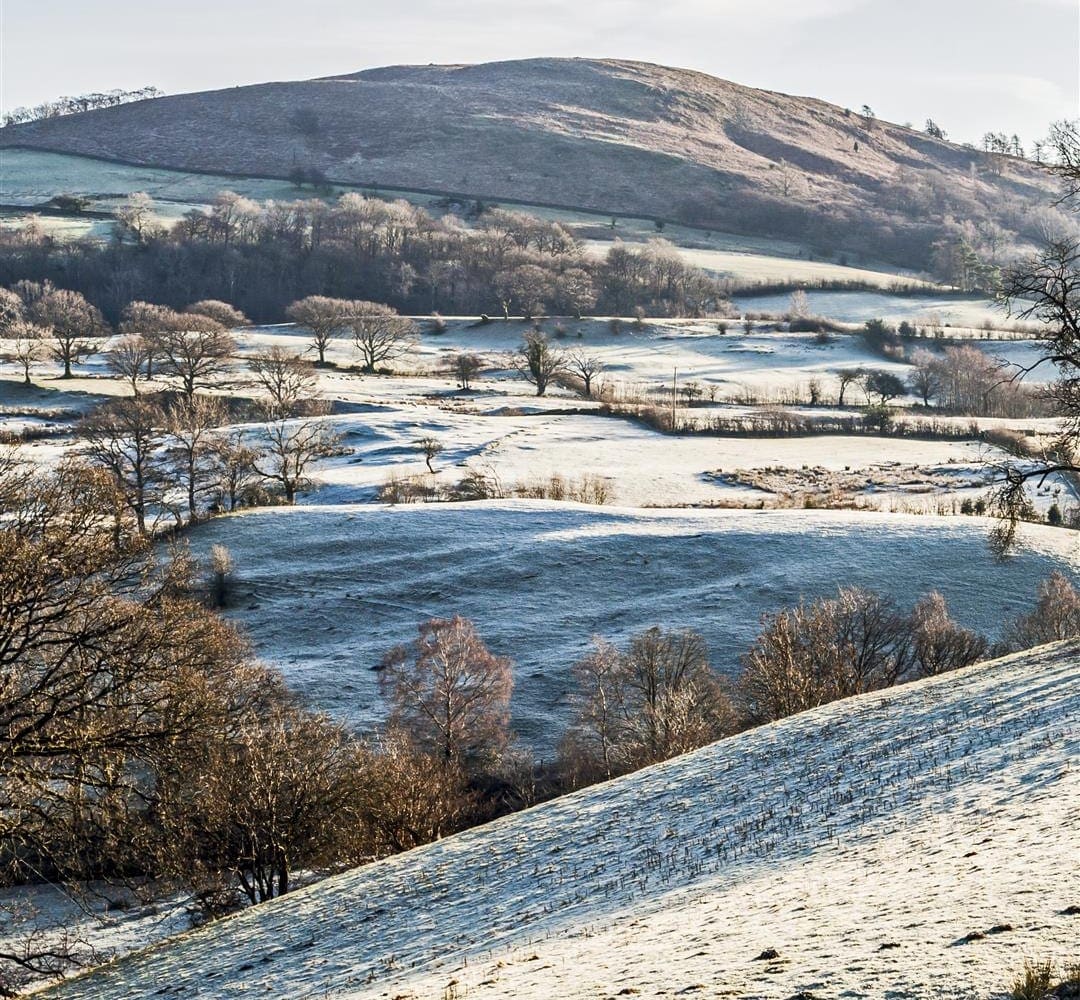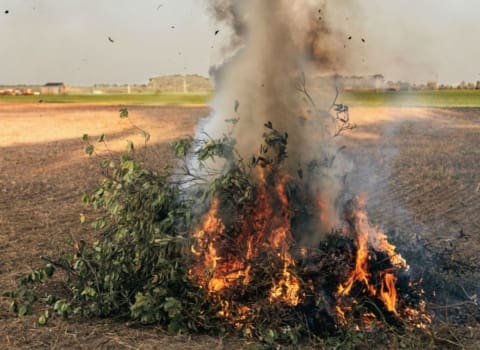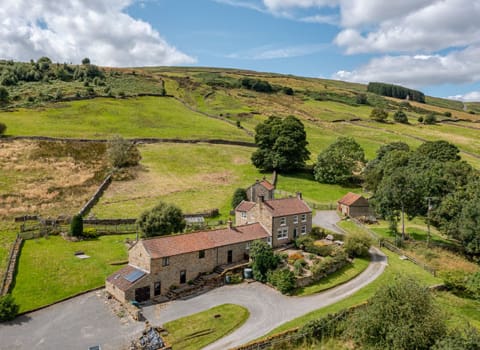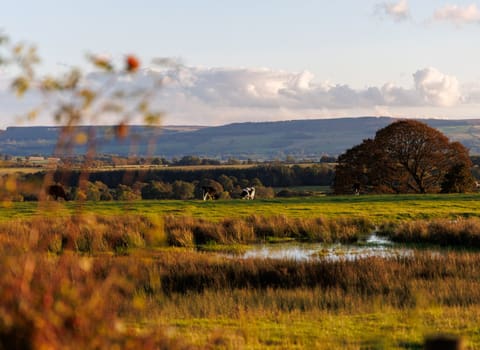Contact our offices
Main office
COLBURN
5 & 6 BAILEY COURT
COLBURN BUSINESS PARK
RICHMOND
NORTH YORKSHIRE
DL9 4QL
Estate Agency Offices are located in
BARNARD CASTLE, BOROUGHBRIDGE & RICHMOND
Residential Management Team
Our Offices
- Alnwick
01665 568310
Email Officealnwick@gscgrays.co.uk - Barnard Castle
01833 637000
Email Officebarnardcastle@gscgrays.co.uk - Boroughbridge
01423 590500
Email Officeboroughbridge@gscgrays.co.uk - Chester-Le-Street
0191 3039540
Email Officechester-le-street@gscgrays.co.uk - Colburn
01748 897630
Email Officecolburn@gscgrays.co.uk - Driffield
01377 337180
Email Officedriffield@gscgrays.co.uk - Hamsterley
01388 487000
Email Officehamsterley@gscgrays.co.uk - Hexham
01434 611565
Email Officehexham@gscgrays.co.uk - Kirkby Lonsdale
01524 880320
Email Officekirkbylonsdale@gscgrays.co.uk - Penrith
01768 597005
Email Officepenrith@gscgrays.co.uk

How to stop Jack Frost nipping at your home…..
As we move towards the latter stages of the year, we are now firmly in the grip of autumn with the colder winter weather, no doubt just around the corner!
As the temperature starts to drop, the Chartered Surveyors at GSC Grays are advising homeowners to check their properties to help stop the predicted harsh weather from taking its toll on their property, heating and maintenance bills. Properties are vulnerable to attack both from the outside elements and the moist, warm conditions that build-up inside during the winter months, so now is an ideal opportunity to prepare.
The RICS have compiled a simple winter property checklist, which will help homeowners prepare for any colder weather in the coming months and includes:
Roof:
- Inspect the roof and replace any cracked tiles
- If chimney pots are in place but not in-use consider protecting them, by fitting ventilated cowls
Loft:
- Check the insulation is in good condition (up to current standard)
- Avoid over insulating – It is important that the tanks and pipes in the loft do not freeze, so do not insulate below the tank
- Make sure the lid is on the cold-water tank
Gutters and drains:
- Clear them of leaves and debris, taking particular care that the gulley’s are clear
- Overflowing gutters can drench walls and cause water damage
- Insulate external drain pipes (e.g. those for central heating) with waterproof lagging / tape or similar material
Walls:
- 33% of heat lost in the home is through the walls, cavity wall insulation is a good option and can boost its value and saleability while reducing your energy bills
- Check the pointing – frost can play havoc with poorly maintained walls
- Make sure water can run off the building; fill gaps to cement angle fillets at wall junctions
- Consider fitting reflective foil behind radiators on outside walls
External paving:
- In very cold weather, water on paving will freeze and become a hazard, ensure the paving is well drained and avoid water collecting, freezing and causing accidents
Decking:
- Check that it hasn’t obstructed air bricks and gulley’s, plus it can be slippery when moist.
Windows:
- Check perimeters of all windows to make sure water flows away from glass and doesn’t collect on the sill, or drain behind it
- It is important to minimize draughts. If double-glazing is not in place (it cuts heat loss through windows by 50 percent), consider fitting cheaper options such as secondary glazing or put polythene across the window frames
- Curtains can make a big difference to heat loss. Consider thermally insulated curtains for windows and the outside doors
Doors:
- Stop draughts through letterboxes by fitting a cover and put a sealant around the door frames
Floors:
- Fill gaps between exposed floor boards
- If there are stripped floors in place consider putting down rugs in the winter to reduce draughts up between the boards
- Ensure central heating pipework in the ventilated floor voids is insulated (70% of the heat input may be lost if un-insulated)
Chimney:
- Have wood and coal burning flues swept
Boilers:
- Have your boiler serviced annually
- If you have a condensing boiler, insulate the external condensate and ensure it is of the correct bore
- Consider fitting a trace heater to prevent the boiler from freezing
And finally, check your heating system is in order; insulate internal hot water tanks, and bleed radiators so they are working at their most efficient
While many of these simple tasks can be undertaken safely in the home, it is important that people seek the advice of reputable professionals when looking to complete larger jobs and most importantly, appropriately qualified contractors for works to gas, electric or oil based systems.










